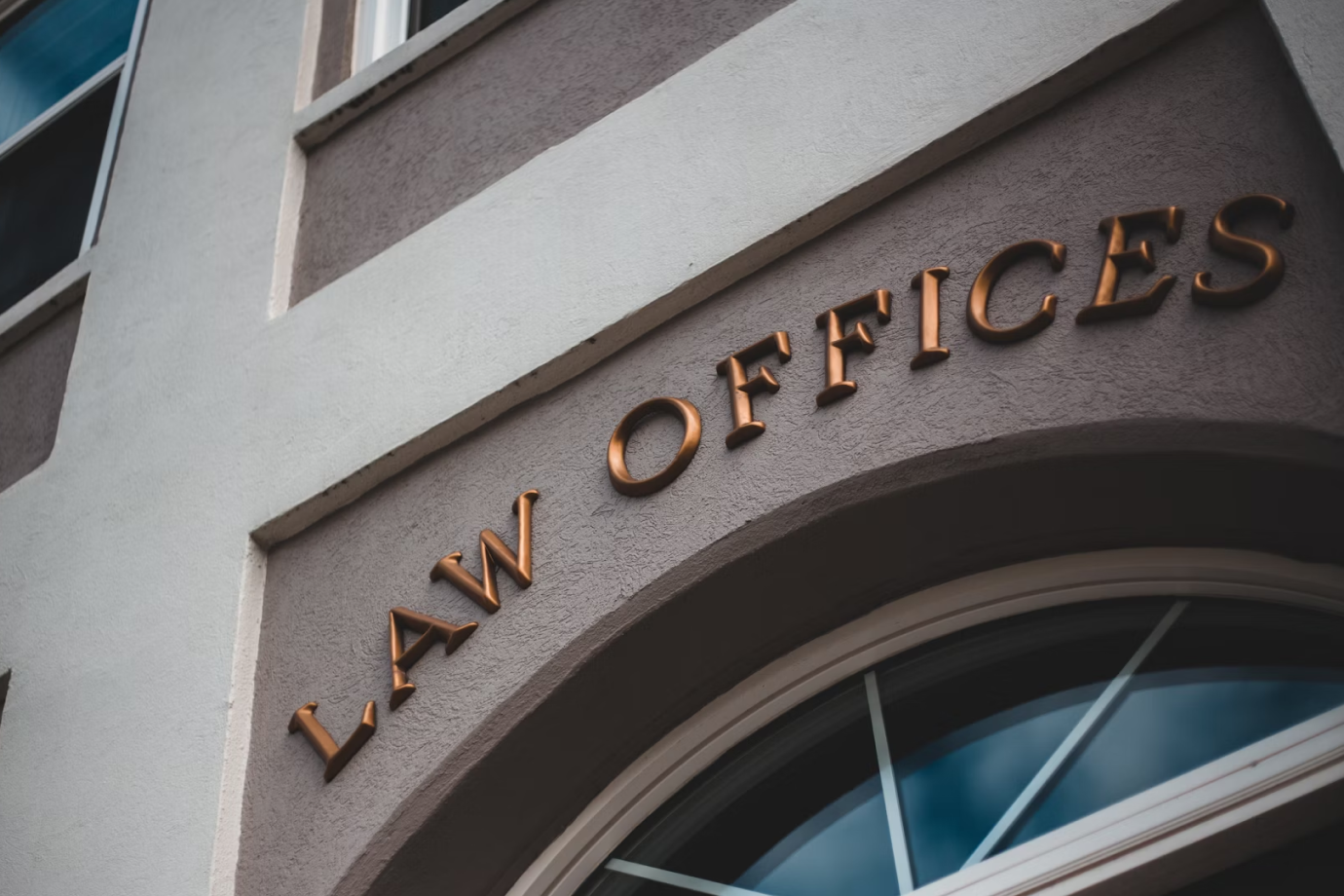Taking a notepad and strolling into a public plaza is a bit like scraping. The signals are visible to all, and the signs are prominent. Rumor has it that you might be in violation of some rule. Many people are wary about the legality of web scraping because of the inherent conflict between the two sides of the issue: public data and legal threats. Let’s break everything down.
What’s the Real Deal with the Legality of Web Scraping in the US?
The law hasn’t delivered one neat answer. Each situation writes its own story.
Why People Even Worry about Web Scraping Legality?
Is web scraping legal? A fresh story about a large platform suing a startup, or another about a company claiming bots are invading their digital space, appears in the headlines every few months. All of a sudden, scraping seems like stealing. After that, another story about a journalist or researcher who was lauded for their virtuous and astute scrape appears in the headlines. People become confused when they see the inconsistency. Web scraping legality continues to be a hot-button topic because of this.
The Borderlands That Confuse Most Beginners with Real Examples
A travel website compiles airfare quotes from many airlines. Hundreds of city websites compile house ads for a real estate project. Data that is already available to the public is the focus of both endeavors. A lawyer may get involved with one, but not the other. Even seemingly innocent websites can become legal snares when it comes to terms of service. How the scrape is structured, scaled, or reused is more important than the ultimate product (the data). Even seemingly secure things might suddenly feel questionable.
Since 2015, we have been providing web scraping services that strictly adhere to web scraping compliance. We executed more than 300 projects and faced no web scraping legal issues. There were no complaints from the regulatory body on violating web scraping legality from our side. The reason behind our customer satisfaction with their regulatory safety is our deep understanding of what causes web scraping legal issues.
A Quick Look at Famous US Court Cases
- hiQ Labs v. LinkedIn. hiQ was a small company that estimated employee turnover based on scraping profiles that anyone could see. LinkedIn tried to lock them out, saying this was digital trespassing. Judges disagreed. Since the information was already public, blocking access looked more like gatekeeping than protection. The case gave smaller players a win; however, it dragged on for years.
- Ticketmaster v. RMG Technologies. Here, the mood was different. RMG used bots to grab concert tickets in huge quantities before fans had a chance. Ticketmaster pushed back hard, and the court sided with them. In this case, the scraping didn’t gather knowledge; it pursued an aim of breaking the system for profit. The decision sent a clear warning to anyone using bots to tilt the playing field.
- Craigslist v. 3Taps. 3Taps scraped listings and republished them on its own site. Craigslist called it theft. The court agreed. Pulling data is one thing, repackaging it as a product belonging solely to you is another. That line matters, and crossing it can end careers.
Each story points out the unpredictable nature of US web scraping laws. Sometimes the underdog walks away with a victory. Sometimes the gavel comes down hard on the scraper. The real takeaway is that courts don’t see scraping as good or bad by nature. They ask: What data was taken? How was it used? Did the harm occur as a result? The answers to those questions decide the ending of the story.

Common Examples of Legal vs. Illegal Scraping
Let’s take a university student pulling weather data to study climate change. Nobody complains. Now picture a shady marketer scraping personal phone numbers from a local directory. Lawsuits arrive. A journalist scrapes election results for a fact-checking story and gets applause. A retailer scrapes an entire competitor’s catalog, uploads it as their own, and gets lawyers at the door. These examples make one thing plain: legal issues appear not because scraping exists, but because of what someone decides to do with the data.
Web Scraping Legal Issues You Shouldn’t Ignore
Temptation is strong. So is the risk that comes with it.
When Scraping Can Land You in Legal Hot Water
Some sites publish details never meant for mass harvesting – addresses, credit cards, private photos. Harsh penalties can be the consequences of scraping information of that kind. Even if the data looks harmless, copying copyrighted works in bulk can trigger lawsuits. Ignoring posted restrictions can spark claims of breaching agreements. And then there’s the technical side: scrape too aggressively, crash a server, and suddenly you’re accused of sabotage. These missteps show why reading headlines about US web scraping laws doesn’t give enough protection.
Is It Possible to Carry Out Web Scraping Legal ( and what explains the reasons a web scraping company with a good reputation does it the right way)?
To stay on the safe side, adhering to the following simple rules is of paramount importance:
- Avoid personal data
- Acknowledge rate limits respectfully
- Steer clear of copying full websites
- Handle intellectual property with caution
Those rules sound simple, but the real world gets messy. For these reasons, experts are a lifeline. Teams that provide legal web scraping services know how to work on scripts that extract responsibly. They’ve faced tricky questions before and solved them. They’ve seen mistakes amateurs didn’t even imagine. That experience keeps projects running smoothly and never gets derailed.
What to Check Before You Order Legal Web Scraping Services to Dodge Lawsuits
Hiring the wrong partner is like handing your car keys to someone who brags about crashing last week. Before you order the services you need, ask for proof:
- Can they explain how they respect data protection rules?
- Are they ready to explain how they manage robots.txt and site policies?
- Can they show references from companies that avoided legal conflict thanks to their methods?
A good company answers directly. A careless one dodges. Great legal web scraping services bring confidence. If you order legal web scraping services from a reckless provider, the risk doesn’t disappear – it shifts onto your shoulders.
The Bottom Line on the Legality of Web Scraping with DataOx
Scrapers who turn it into exploitation see harsher rulings. The history surrounding the web scraping legal issues proves that intent carries as much weight as code.
The thing we are talking about bends with context. Courts ask:
- Was the data public?
- Was harm caused?
- Was the action fair?
Scrapers who treat data like a commons for learning usually have better logical outcomes. Therefore, the services a web scraping company with a good reputation can offer do matter. DataOx has years of experience mapping safe routes in these shifting waters and is fully aware of CCPA. Clients who order legal web scraping services from DataOx are always on the safe side of the law. They rely on strategies tested by practice and refined by real-world lessons.
The conclusion is sharp: scraping is neither rogue nor saint. It’s a tool. Handle it poorly, and it cuts you. Respect it and treat it like a treasure, and it opens doors. DataOx doesn’t manipulate theories – we provide solutions derived from years of experience. It’s high time to schedule a free consultation with our friendly support team to capitalize on the opportunities of our expertise!










